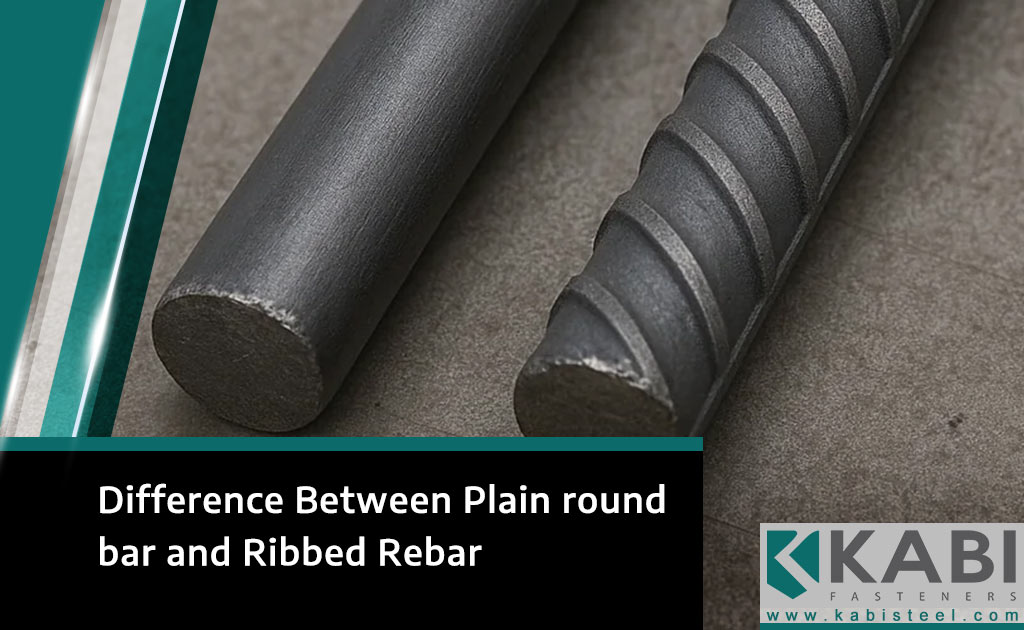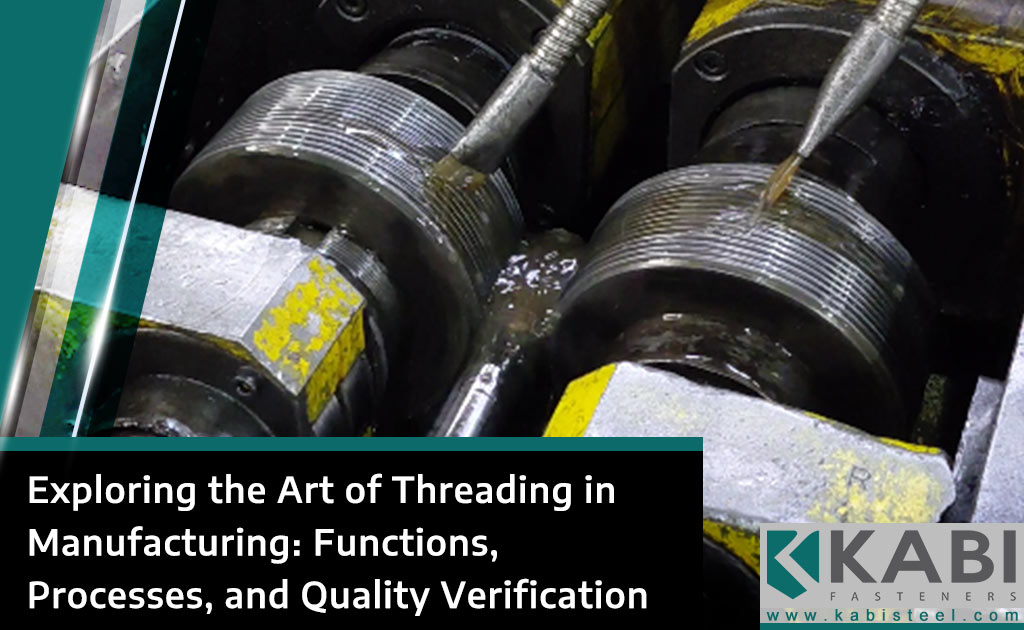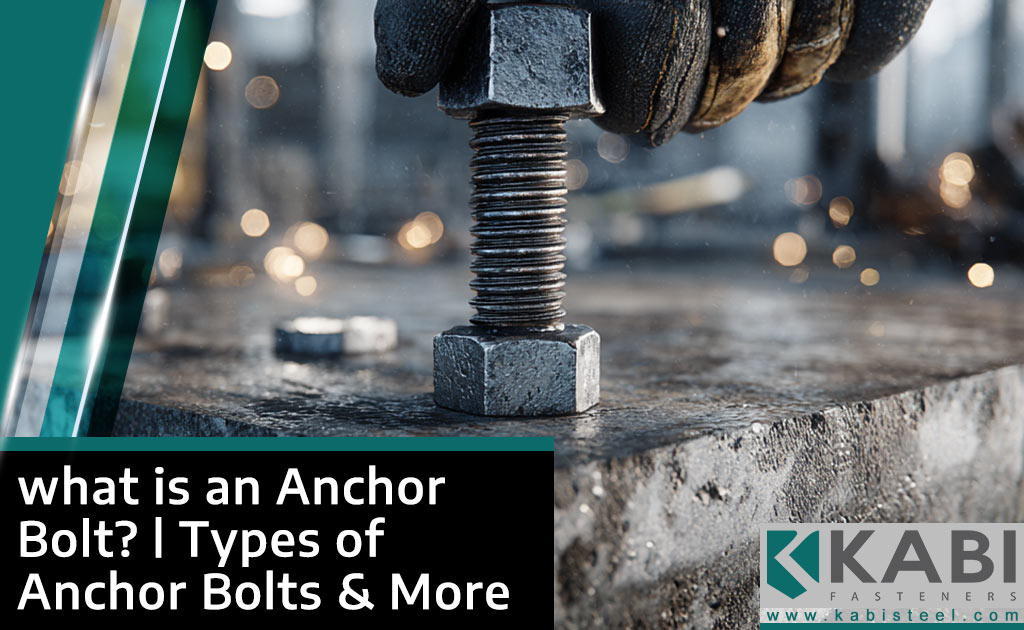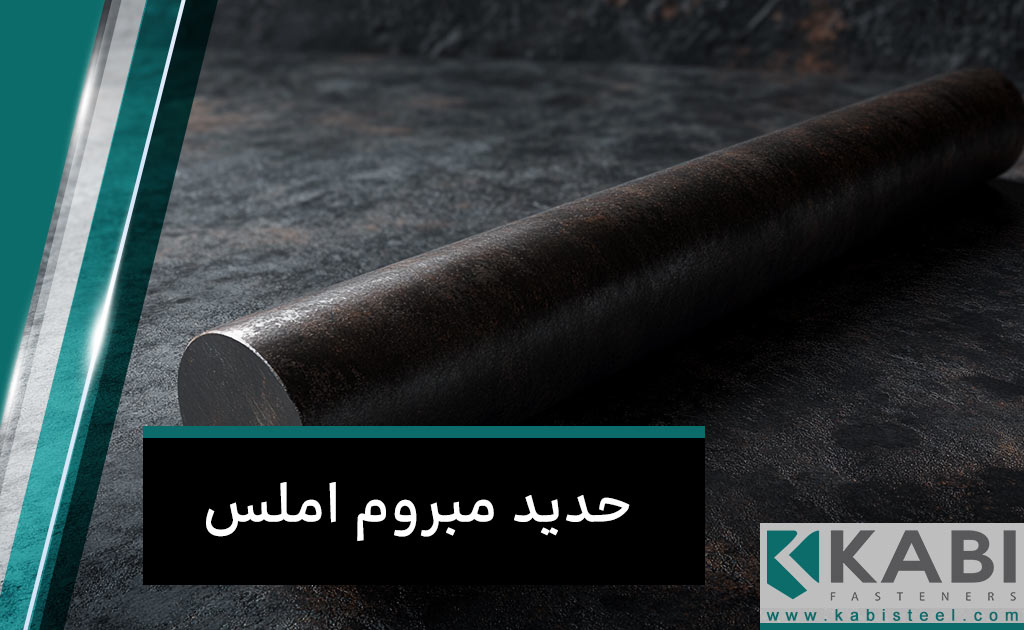
- +98 939-202-0264
- pr@kabisteel.com





Screw fasteners are the unsung heroes of construction and manufacturing, playing a pivotal role in holding together everything from furniture to skyscrapers. In this comprehensive guide, we will delve into the world of screw fasteners, exploring their types, applications, and the essential factors to consider when choosing the right screws for your project.
Screw fasteners are threaded fasteners with a helical ridge, known as threads, wrapping around a cylindrical shaft. This design allows them to grip and hold materials together, providing stability and strength. They come in various shapes and sizes, each serving a specific purpose.
Wood Screws: Ideal for woodworking projects, these screws have coarse threads and are designed to bite into wooden surfaces securely.
Machine Screws: Smaller in size, machine screws are commonly used with nuts or tapped holes in metal surfaces.
Sheet Metal Screws: Featuring sharp threads, these screws are designed to securely fasten thin metal sheets together.
Self-Tapping Screws: These screws have a unique design that allows them to create their own threads, eliminating the need for pre-drilling.
Construction: From framing to finishing touches, screws are indispensable in the construction industry, providing structural support and stability.
Manufacturing: In manufacturing processes, screws are used to assemble products, ensuring durability and reliability.
Automotive Industry: Screws are critical components in vehicle assembly, holding together various parts of the chassis, interior, and engine.
Material: Select screws made from materials suitable for your project, such as stainless steel for corrosion resistance or hardened steel for increased strength.
Thread Type: Different projects require different thread types. Coarse threads work well in wood, while fine threads are suitable for metal applications.
Head Type: Choose the right head type, whether flat, pan, oval, or round, based on the aesthetics and functionality you need.
Smart Fasteners: Some screws now come equipped with sensors, providing real-time data on tightness and integrity.
Corrosion-Resistant Coatings: Advancements in coatings protect screws from environmental factors, enhancing their longevity.